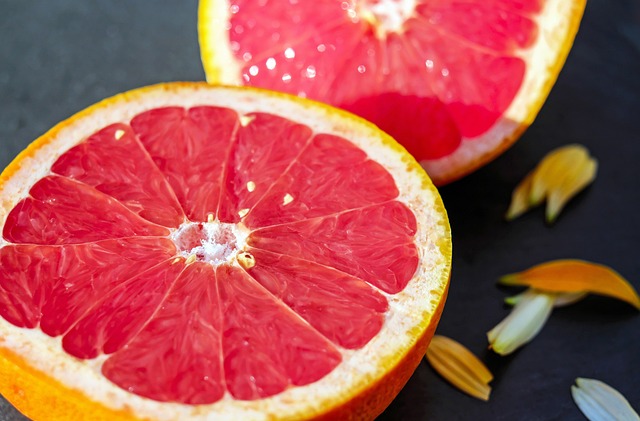Probiotics 101: Everything You Need to Know About These Beneficial Bacteria
Probiotics are a hot topic in the health and wellness industry, and for good reason. These beneficial bacteria
can have a positive impact on gut health and overall well-being. In this article, we will explore what
probiotics are, their benefits, food sources, and how to choose the right probiotic supplement.
What are Probiotics?
Probiotics are live microorganisms that, when consumed in adequate amounts, provide health benefits to the
host. These friendly bacteria are naturally found in our bodies, primarily in the digestive tract, but can
also be found in certain foods and supplements.
There are various strains of probiotics, but the most common types belong to the genera Lactobacillus and
Bifidobacterium. Each strain has unique benefits and works differently in the body.
The Benefits of Probiotics
Probiotics offer several potential benefits for our health:
- Improved Digestive Health: Probiotics help maintain a healthy balance of bacteria in the
gut, which can alleviate digestive issues such as bloating, gas, and constipation. - Enhanced Immune Function: A significant portion of our immune system resides in the
gut. Probiotics play a role in supporting immune function and may help reduce the risk of certain
infections. - Reduced Inflammation: Some strains of probiotics have been shown to reduce
inflammation in the body, which is linked to various chronic diseases. - Mental Health Support: Emerging research suggests a connection between the gut and
brain, often referred to as the gut-brain axis. Probiotics may improve mood and alleviate symptoms of
anxiety and depression.
Natural Food Sources of Probiotics
If you prefer to obtain probiotics from whole foods, there are several options:
- Yogurt: Yogurt, especially those labeled as containing live or active cultures, is a
good source of probiotics. Look for yogurt brands that mention specific strains on the label for
added benefits. - Kefir: Kefir is a fermented milk drink that contains a variety of probiotic strains.
It is similar to yogurt but has a thinner consistency and a tangy taste. - Sauerkraut: Sauerkraut is made by fermenting cabbage and is rich in probiotics. Look
for unpasteurized sauerkraut to ensure it contains live cultures. - Kimchi: Kimchi is a traditional Korean dish made from fermented vegetables, most
commonly cabbage. It is a flavorful source of probiotics and adds a delicious kick to various
dishes. - Miso: Miso is a paste made from fermented soybeans and barley or rice. It is commonly
used in Japanese cuisine and provides probiotics along with a unique umami flavor.
Choosing the Right Probiotic Supplement
If you find it challenging to incorporate enough probiotic-rich foods into your diet, you may consider
taking a supplement. Here are a few factors to consider when choosing a probiotic supplement:
- Strain Diversity: Look for a supplement that contains multiple strains of probiotics,
as different strains offer different benefits. A diverse range of strains ensures comprehensive
coverage for your gut. - Colony Forming Units (CFUs): CFUs refer to the number of viable bacteria present in a
supplement. Opt for a supplement with at least 10 billion CFUs to ensure potency. - Survival: Probiotics are delicate and can be killed by heat and stomach acid. Look for
supplements with enteric coatings or micro







